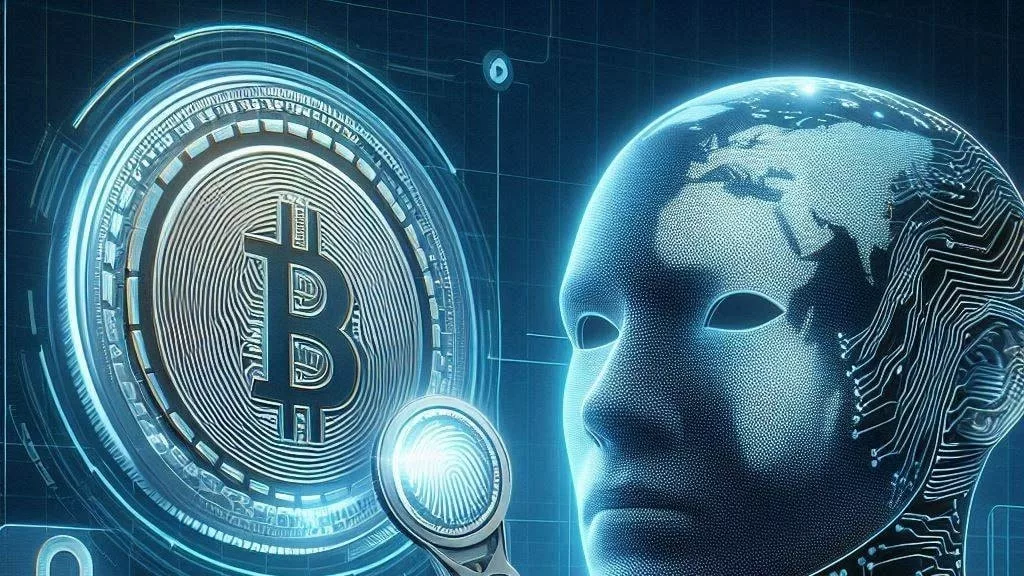
The promises of Worldcoin—now simply “World” as of late October 2024—have faced significant backlash globally, with lawsuits and fines mounted against it for its failure to protect user privacy. Worldcoin, which was founded by Sam Altman of OpenAI fame, initially gained attention with its ambitious offer: users could verify their humanness via iris and face scans, receiving digital IDs and free tokens in return. However, this innovation has since revealed a deep flaw—its dangerous handling of sensitive biometric data.
As governments worldwide clamp down on the project for violating privacy laws, the spotlight on Worldcoin’s design and operations exposes alarming weaknesses. The very core of the issue is a privacy and security gamble that, unless addressed, threatens to undermine blockchain adoption in real-world use cases. Worldcoin serves as a cautionary tale for the tech and crypto communities, warning of the risks of building cutting-edge tech without building adequate privacy safeguards first.
The Trouble with Worldcoin’s Biometric Data
Worldcoin’s fundamental issue lies in how it handles biometric data. By using a permissioned blockchain system on top of Ethereum, Worldcoin has created a closed network where only trusted insiders can operate the nodes and verify transactions. This model, while intended to maintain privacy, raises the question: How can a blockchain remain truly decentralized if its critical infrastructure is controlled by a select group of insiders?
This system leaves Worldcoin vulnerable to external attacks and hacks. The privacy promised by blockchain tech is compromised when critical data, such as biometric scans, is stored in a “black box” without proper transparency or public oversight. Storing biometric data in these walled gardens—free from public scrutiny—is entirely contrary to the foundational ideals of decentralization.
The Role of Zero-Knowledge Proofs (ZK)
Worldcoin attempted to address its privacy issues through the use of Zero-Knowledge (ZK) proofs, a cryptographic technology that allows data to be validated without revealing its content. ZK proofs are often hailed as the future of secure biometric data storage, but they too have their limitations. Although they help validate that data is correct without revealing it, ZK-proof alone does not eliminate the core issue: the need for a trusted entity to handle and store biometric data. The collection and storage process still present a significant vulnerability.
Worldcoin’s promise to delete unnecessary data once its models were trained, in response to public backlash, highlights the fact that ZK-proofs were not implemented in a fully protected, closed-loop environment. This lack of a robust privacy infrastructure only exposes users to even greater risks.
The Growing Privacy Challenge in On-Chain Identity Systems
The rise of alternative projects like Fractal ID highlights an evolving but imperfect solution for on-chain identity verification. Fractal, which offers a decentralized identity (DID) system for Know Your Customer (KYC) purposes, recently fell victim to a major security breach. Hackers stole 10GB of data from 300,000 users, including highly sensitive personal documents such as bank statements and proof of identity.
Despite the transparency of decentralized identity systems, as seen with Fractal, breaches of this magnitude underscore the need for further privacy protections. Encryption alone, especially when relying on singular technologies like ZK-proofs, cannot fully address these concerns.
Building Secure Biometric Identity Solutions: The ZK-FHE Solution
The future of privacy in blockchain-based biometric systems lies in a multi-faceted approach combining ZK-proofs with Fully Homomorphic Encryption (FHE). FHE allows computations to be performed on encrypted data without decrypting it, meaning sensitive information remains protected even during processing.
When combined with ZK-proofs, FHE can enhance privacy by ensuring that biometric data remains safe throughout its lifecycle—from collection to verification. With both technologies working in tandem, biometric systems can provide secure identity verification while ensuring users retain full control over their personal data.
Already, we are seeing early success stories in the deployment of ZK-FHE in practical applications, such as land registries in India and NGO record-keeping systems. These use cases demonstrate that, when deployed correctly, this privacy stack can scale to meet the demands of blockchain applications.
A Call for Stronger Privacy Standards
Worldcoin’s failures should serve as a wake-up call to the crypto industry. As we continue to explore the potential of on-chain identities and biometric verification, we must prioritize user privacy through modular, secure encryption technologies like ZK-FHE. The current focus on public confidence is inadequate. True privacy assurances will come only when we ensure that users’ data remains encrypted, protected, and under their control at all times.
Biometric data is too valuable—and too vulnerable—to be left unprotected in the hands of centralized entities. We need to be proactive in adopting better technologies and practices, or else the next Worldcoin-like scandal will be just around the corner.
Conclusion
While Worldcoin’s ambitious attempt to redefine digital identities through biometric verification has been met with skepticism, it also highlights the urgent need for robust privacy standards in the blockchain space. We need a system that combines the best of cryptography with sound ethical practices, ensuring that biometric data is secure, private, and decentralised. The future of on-chain identity systems hinges on it.



Get the latest Crypto & Blockchain News in your inbox.